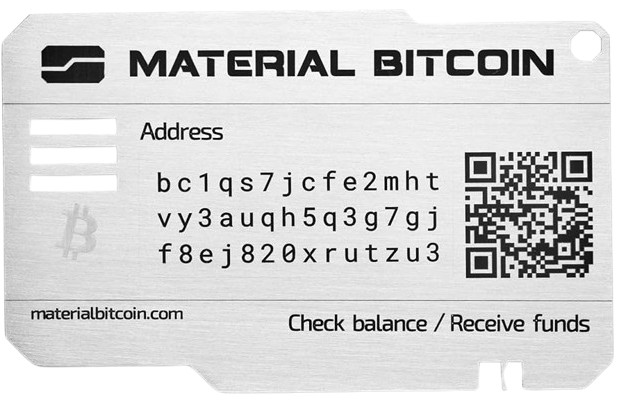When considering the safest crypto wallets for storing your cryptocurrency, it’s essential to focus on security features, durability, and protection against online and offline threats. Here are some of the best crypto hardware wallets, with Material Wallets ranked at the top.
Table of Contents
Features of Hardware Wallets vs. Other Types of Wallets
In handling or storing the cryptographic coin, there will be a need to choose an appropriate type of wallet depending on the investment type and security standard. Here’s a comparison of hardware wallets and other types of wallets:
1. Hardware Wallets
- Security: A hardware wallet is a physical device that holds a user’s private key, and therefore, their bitcoins, in an offline environment, thereby protecting it from online attacks. They are generally postulated as one of the safest ways to custody cryptocurrencies. The computers security every time you connect an electronic hardware wallet (like Ledger or Trezor). This is why electronic wallets are not as secure as analog ones (Material).
- Durability: Some wallets are even termed hardware wallets; for instance, Material Wallets are ultra-resistant, have a warranty of 100 years, and can not be hacked.
- Usage: They have high security compared to other wallets, but they are not very suitable for regular and multiple transactions as the device has to be connected to a computer or a mobile device.
- Price: Physically more complex and hence costlier than the other types of wallet because of their advanced security features.
2. Hot Wallets
- Security: As hot wallets are online, they are more prone to hacking and cyber-attacks Than cold wallets. Some embodiments include web wallets, mobile wallets, and desktop wallets.
- Convenience: They provide greater convenience, especially since they are always connected to the internet for frequent transactions.
- Cost: Normally, they are free/low cost/ since they are software solutions.
- Risk: A social vulnerability due to a permanently connected Internet connection and possible software flaws.
3. Paper Wallets
- Security: Paper wallets are a category of cold storage in which secret keys are printed on paper. They are off-Facebook and can be immune from online threats, but they can be at risk physically or in terms of loss.
- Durability: They are not as secure as the hardware wallets because they are susceptible to water damage and fire damage or may reach a point where they physically break down.
- Usage: Not so suitable for everyday purchases as one has to transfer private keys into a digital wallet to spend the money.
- Cost: Free basically, as all required is paper and a printer.
4. Software Wallets
- Security: This category involves desktop wallets and mobile wallets. It is safer than web wallets, but its users are sometimes exposed to malware and phishing scams.
- Convenience: Nice one since they provide good security and easy access to funds since they are used for day-to-day transactions.
- Cost: For the most part, they are free with the option to upgrade to include specific functions for a minute amount of money.
Ranking of Wallets
Based on security and durability, here’s a suggested ranking of the best wallets:
Material Wallets

- Security: Exceptionally good, they cannot be penetrated by hackers.
- Durability: Ultra-resistant, 100-year warranty.
Other hardware wallets include Tangem, Ledger, Trezor, and KeepKey.
- Security: Good, the private keys’ offline storage.
- Durability: Better, but not as long-lasting as Material Wallets.
Desktop and Mobile software wallet the remainder of the types of wallets.
- Security: Moderate: their effectiveness relies on the device’s security.
- Convenience: High, appropriate for making day-to-day purchases.
Paper Wallets
- Security: Fair, but needs to be well managed.
- Durability: Low; it is vulnerable to physical contact, thus physical damage.
Web Wallets (Hot Wallets)
- Security: The lowest is constantly logged on to the internet.
- Convenience: Extremely high, very convenient since it can be accessed anywhere worldwide.
Conclusion
To be precise, the wallet that you ought to choose depends on the kind of investment that you have. If security is your action number one and you are storing a large sum of cryptocurrency for the long haul, then considering Material Wallets as a Hardware Wallet would be ideal. Hence, hot wallets and software wallets could be preferred for regular usage of cryptocurrencies, remembering the decreased security level of these wallets.

